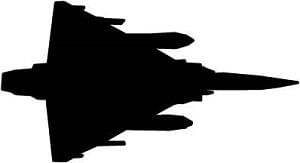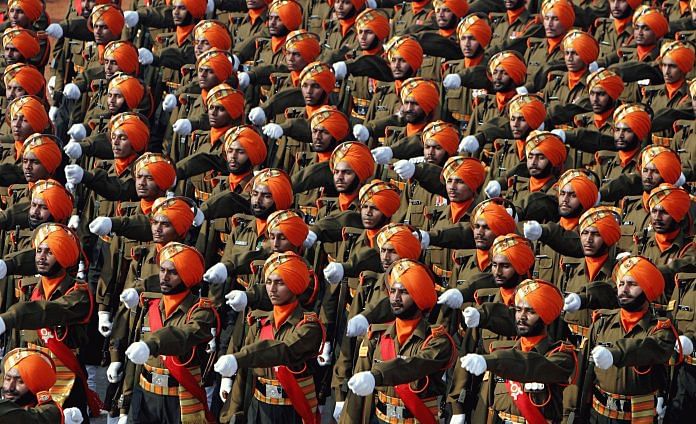The moot point is whether our senior military leadership really wants to influence strategy and policy, or are they happy in their operational cocoons.
A few years ago, it suddenly dawned upon the senior leadership in the US military that almost 15 years of non-stop combat in Iraq and Afghanistan had seriously eroded the intellectual capital within their service and had given little time for the senior leadership to enter the strategic domain in the right manner.
Senior officer education in the US Army starts at the colonel level after officers have completed a battalion command or equivalent assignment and are reasonably certain to make one star. Almost five hundred of them are selected to undergo one year of Professional Military Education (PME) at three different categories of programmes comprising a National Security Fellows programme at selected universities; a War College programme at the US Army War College at Carlilse in Pennsylvania; and at two institutions at the National Defense University in Washington D.C. Additionally, a few of them also attend senior officer education programmes in friendly foreign countries, India included, where they spend a year with similar or higher ranking officers at what is normally called National Defence Colleges or Universities.
Major General William (Bill) Rapp, a recently retired two-star general from the US Army, spent three years as the commandant of the Army War College where he orchestrated a significant shift in the way senior officer education was conducted in the US Army. He is now a Lecturer, Mentor and Director of the National Security Fellows programme at the prestigious Harvard Kennedy School of Government (HKS). Having himself commanded a division in Iraq and seen a number of officers getting promoted to two and three-star rank without adequate joint staff experience, or going through adequately robust senior officer education programmes, Bill was tasked to streamline senior officer education programmes.
This was achieved by increasing the academic rigour at the Army War College and reviewing the quality of the Fellowship programmes offered at various universities; pruning the list and assigning mentors to track the progress of the Army Fellow at places like MIT, Harvard and Stanford. The expected outcome was that as these officers transited to senior ranks, they could use this intellectual interlude to improve their command, joint staff and leadership assignments.
Complementing these flagship programmes, the number of executive education programmes for two and three star generals were also reviewed and tweaked to strengthen policy orientation. A testimony to the effectiveness of the broad-spectrum strategic and policy-making capability in the US military is that three of the most stable and effective members of President Trump’s team (Generals Mattis, Kelly and McMaster) are military officers with proven command, leadership and intellectual abilities.
Bill’s ideas mirrored my own argument that India’s armed forces needed to invest significantly in raising intellectual capital within senior and middle-ranking leadership to effectively contribute to strategic and operational policy.
The first in the series of PME courses in India is for Majors and equivalent ranks from the other services at Defence Services Staff College, Wellington. Then comes the higher command course for Colonels and equivalent ranks, about 8-10 years later at the respective service war colleges with adequate cross-pollination. Finally, comes the NDC course for one-stars and equivalents as the final frontier in military education. There is a selective joint two-week capsule for two-star officers, much like an executive programme that caps a series of well-meaning education initiatives.
On the face of it, the Indian PME programme appears to be balanced, but not as wide-ranging as the one available to military officers in the US, UK, Australia and other developed democracies. However, it has failed to build adequate intellectual capital and contribute to national security policy making in a rapidly changing strategic environment because of poor delivery mechanisms and sub-optimal educational goals.
This has primarily been because of a myopic approach to military education that pays excessive attention to staff-work, tactics and operational art at institutions that are meant to introduce military officers to the pursuit of focused study in areas that are intrinsically linked to their profession (military history, theories of war & conflict etc). These institutions are also meant to introduce officers to academic pedagogy, generate free-flowing intellectual thought and hone reading, research and writing skills.
Finally, these institutions, particularly at the higher command and NDC are meant to broaden horizons and foster an understanding of the other tools of statecraft; a task that is performed adequately but has acquired a sense of predictability and mediocrity because of the lack of faculty diversity and the reluctance of the MoD to expand the variety of institutions available to Colonels and Brigadiers to expand their intellectual horizons.
Having spent almost 10 years of a 36-year career either doing a PME course or serving at home and abroad as a faculty member, I remain an optimist about setting right some of the major fault lines that exist within India’s PME system. For one, we need to expand the repository of institutions that officers go to at the colonel and one-star level to include fellowship programmes at reputed universities at home and abroad. Writing, critical thinking, studying history and understanding international relations and public policy remain weak areas at all our institutions and can only be rectified by incorporating a system of attracting specialised civilian faculty at all our war colleges.
India’s military must push to raise its intellectual capital and the moot point is whether our senior military leadership really wants to influence strategy and policy, or are they happy in their operational cocoons. It all depends on whether the political establishment feels the need for a more educated, enlightened and knowledge-driven military that contributes better to the achievement of core national interests.




